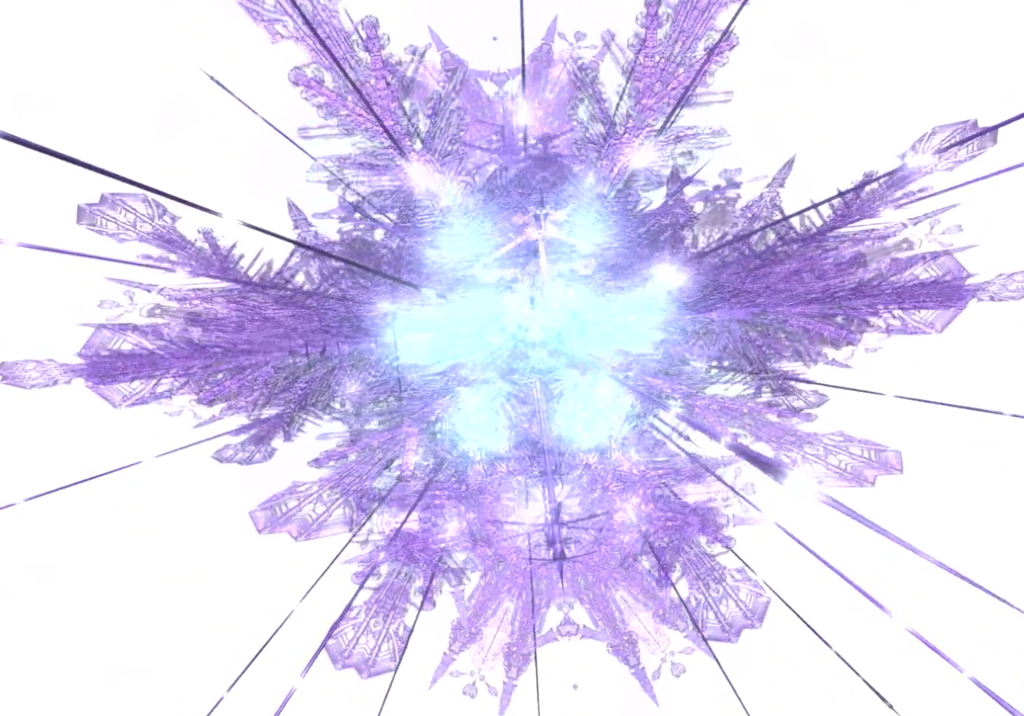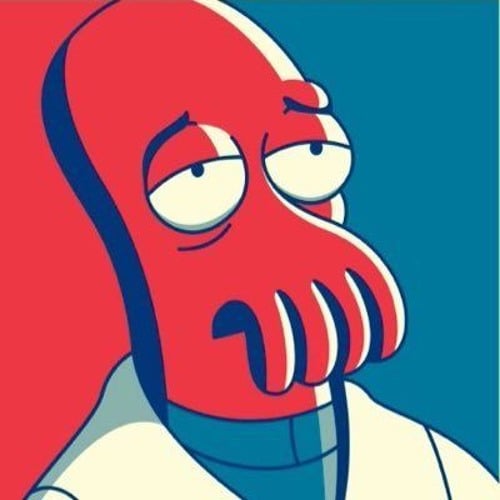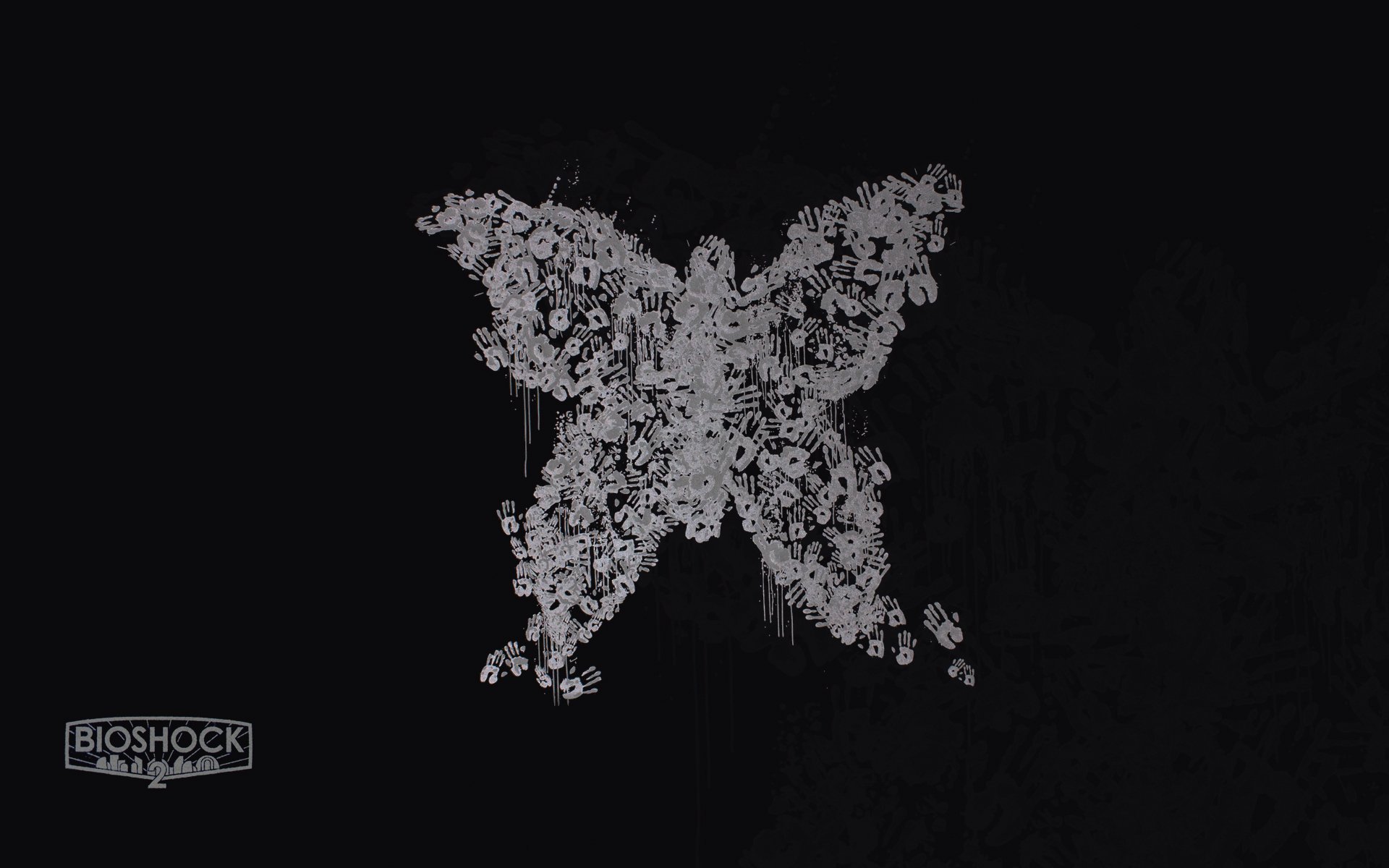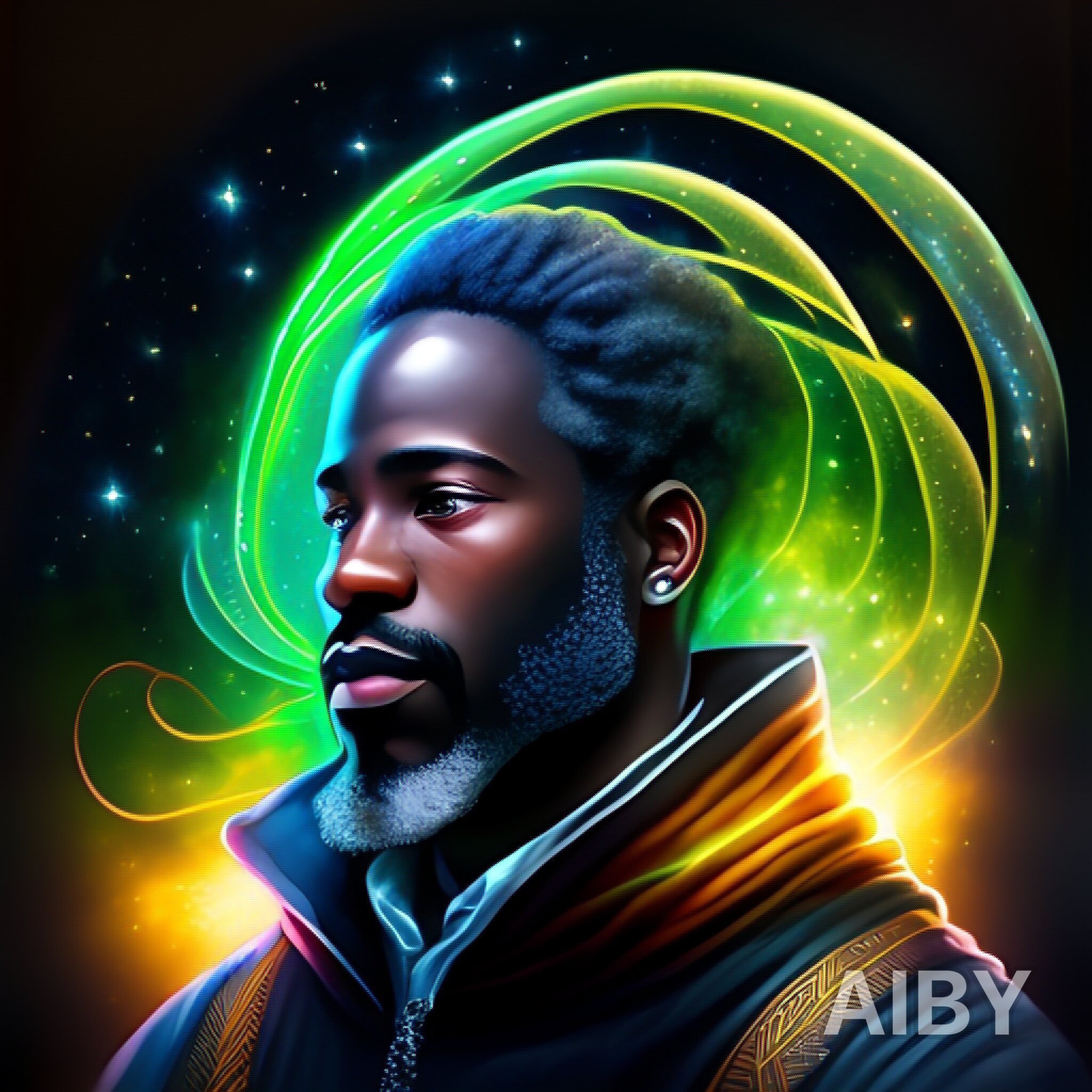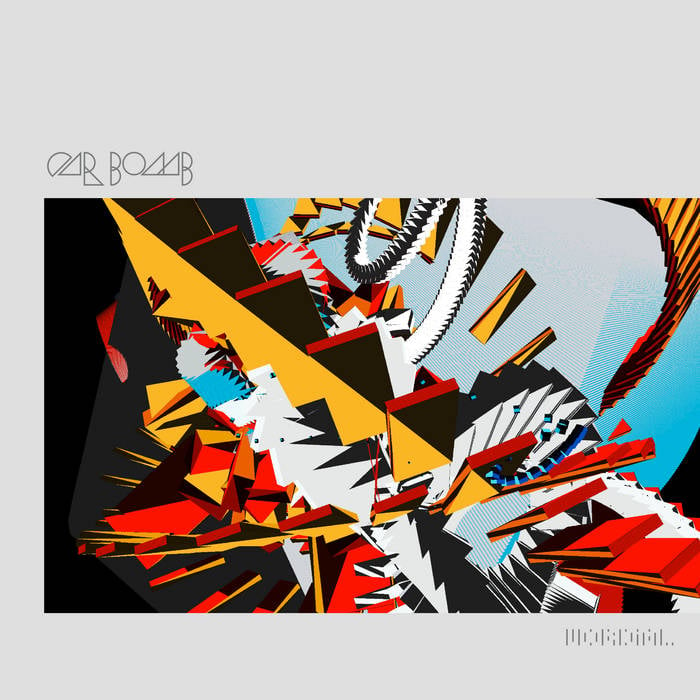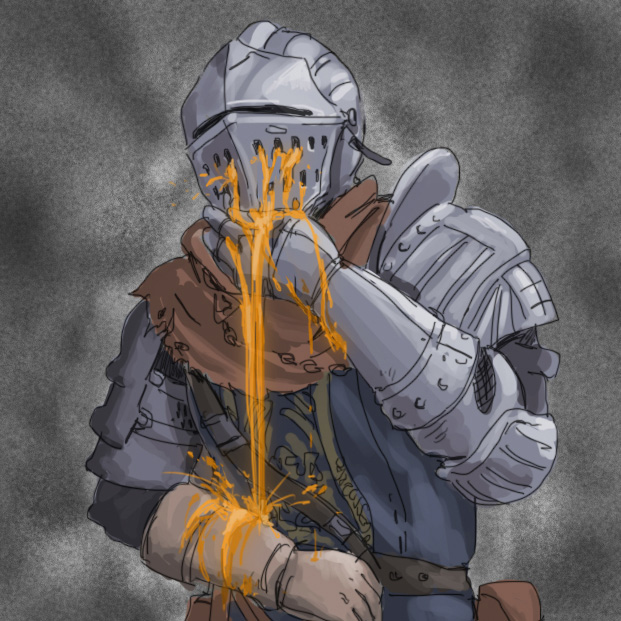What the title says, I’m tired of the trope where humans are the least advanced in the universe.
I’d like to read something different where we’re the more advanced ones (not necessarily the most advanced). As an example I quite enjoyed the Ender’s Game sequels and the angle of us being the more advanced ones was quite interesting.
Do you have any recommendations?
This is a driving factor in a majority of Star Trek fiction.
Also > Hard to Be a God - by Arkady and Boris Strugatsky
Anton a man from a future human utopia in undercover mission on an alien planet that is populated by human beings whose society has not advanced beyond the Middle Ages.
Never really was into Star Trek, unfortunately.
I’d watch star trek if i can skip the old ones. I’m sorry die hard star trek fans but the cgi in those times is just way too terrible for me. I’m sure i can maybe skip to the new ones and just spoil the older shows for myself to get the jist though.
Edit: wait are we talking books or movies/shows? I come from the (everything) fediverse section my bad
the cgi in those times is just way too terrible
In their defense, it was pretty hard to do good Computer-Generated Imagery without computers… 😉
Ye you got a point 😆
You can watch Star Trek: Strange New Worlds easily without watching the old ones (I only watched a few episodes of the older ones when I was young).
I also recommend The Orville if you’re into Seth MacFarlane’s type of comedyHonestly I recommend it even if you aren’t into his comedy. It’s a bit thick in the first half of the first season, but it becomes a decent sci-fi show in general past that point.
The Orville was the best new trek until strange new worlds
I love the Orville! Reminds me of farscape.
The post was about books, but I realize I should’ve mentioned it in the title. But hey, I’m not one to turn down a good sci-fi show or a movie!
Foundation or Dune pop immediately into my mind. Asimov has an interesting view of humanity. As does Herbert. No aliens really in those books though. Honor Harrington series is also about humanity’s dominance in space. Edit thanks saintwacko for the correction lol
Interestingly, the trend in 1940s SF was for humans to always be superior to aliens; John W. Campbell, the editor for Astounding, particularly liked this view. Asimov hated this trend, so that’s why the Foundation series has no aliens in it; as a result he could sell the stories to Campbell without having to write about the inferiority of aliens. It’s also why Asimov wrote a lot of three-law robot stories at this time, as he didn’t mind writing humans to be superior to robots.
Honor* Harrington
deleted by creator
No, you are correct. Both series are in the Humans are the only sentient space civ camp.
If you want to split hairs, it’s said that it seems like sandworms weren’t originally native to Arrakis and had to have originated elsewhere.
Where they were from originally and who brought them there is never really gone into, it could potentially have been aliens, or given how far in the future takes place it could have been previously human settlers who died out and been lost to history thousands of years prior to the events of the book.
You could also probably really get into it about whether some of the tleilaxu creations really count as humans.
Even in the latter books when the people from the scattering return from distant galaxies there is still no sign of any other sentient species.
Certainly there’s no evidence of other civilizations, but space and time are vast, other civilizations could have risen and fallen before humanity ever came to be and evidence of their existence lost to time. They could exist in places humans wouldn’t look, possibly even in forms we wouldn’t recognize, or maybe they even purposely avoid us, folding space and time around themselves, hiding from prescient vision, etc. Maybe they’re even out there and humanity is aware of them and they just have nothing we want and they’re not posing a threat so they’re never really worth talking about in-universe, certainly wouldn’t be the first time humans didn’t give a shit about another civilization, not even the first time in the scale of the books like how the harkonens never game much serious consideration to the fremen.
That’s of course all just baseless speculation based on basically nothing in the books, pretty much just the old “absence of evidence isn’t evidence of absence” thing.
Also, depending on what we’re willing to accept as a sentient species, what your interpretation of the butlerian jihad is, how you feel about Brian’s books, etc. there’s also the matter of thinking machines to consider. I’d personally call that a stretch, but we’re here talking about a weird sci Fi book, so weird sci Fi stuff isn’t off the table.
deleted by creator
I’ve read both and while I agree both series are great (though Dune gets really weird in the later books), this is not what I’m after. I’ll check out Honor Harrington (I assume that’s what you meant, Hunter found me some tennis dude.
The Honor Harrington series actually has some interesting tech disparities, besides being pretty good/exciting military science fiction.
In the first book, there are Bronze-Age-ish aboriginals.
In the second book, you see several human polities. Harrington interacts with less technologically/culturally developed groups of humans, and there are frictions and opportunities coming from the more advanced polity.
Harrington’s polity generally remains the most technologically advanced group. There’s later interaction with human polities who had thought they were the top dog, in terms of military power.
Just to note, it’s a big series that gets somewhat too sprawling in the later books. The earlier books are Age of Sail (IN SPACE!!!) adventures, which transforms into a wide-ranging interstellar war driven by technology change. Weber’s analogy is sailing ships -> steam ironclads -> Dreadnaught battleships -> WW2 radar directed gunnery / aircraft carriers. Not everyone is at the same tech level.
I ended up hating the books by the end. It felt like no one was keeping Weber’s need to info dump in check. He also let his tendency to write bad guys with no redeeming qualities get out of hand. It felt like a complete drag at the end as when the political situation escalated the tech gap meant that there wasn’t as much risk for Manticore.
Age of Sail (In space!) is an apt description since Weber directly paid homage to the Horatio Hornblower books he modeled the initial books off of by giving his main character the same initials.
The Bobiverse is a fun read. Highly recommend
It’s fun but on the second re-read I can’t help but notice how first-person perspective is extremely overused and the overall writing style could use some refinement.
Yeah it’s not great writing but it’s fun so I’m cool with it. Fourth book should not have happened though.
The one with the space river megastructure? I really liked that one actually, kinda reminded me of Ringworld with the whole “exploring an alien megastructure whose inhabitants don’t know how to build such things anymore” sorta plot.
Yeah I didn’t hate the premise, it just felt rushed and incomplete. It’s kind of like I went to a lunch place where I’ve had a lot of good meals but today I got a basket of cold fries with too little salt.
Shit, there’s a 4th? I only listened to 3 then unsubbed from audible.
I might have been in a bad mood when I read it, but I just remember it as not as good as the originals. I think it was just rushed out.
Wasn’t tracking there was a fourth. Third seemed like a logical conclusion.
I came here specifically hoping this series was already mentioned.
Although they did meet one race more advanced.
Counterpoint: it’s dreadful and I gave up in the middle of the first book.
It’s certainly well regarded though so worth a look for yourself, op.
I loved this series. Very entertaining and kept me engaged wanting more.
Stargate SG-1 has a VERY interesting premise. Humans start from 0 and we see them gradually learning new technology and making alliances (Plus, the original cast is just stellar)
I’m in the middle of a 5th (or so) rewatch!
Richard Dean Anderson is a national treasure! :D
Definitely! While I still enjoyed the Ori saga, it definitely wasn’t the same without O’Neill.
I think he’s Canadian.
Edit: I’m wrong. Now why did I think that?
SG-1 was largely filmed in Canada. It’s why a lot of planets look like wilderness near Vancouver. (And quarries, in classic Doctor Who fashion.)
In the back half of the series you can really hear it creeping into RDA’s accent.
He filmed Macgyver there before Stargate too so the dude had TONS of time in van
Not sure if this is what you are looking for.
Iain M Banks Culture books centre around The Culture a human civ (but not earth humans) who are one of the most advanced civs in a milky way with tens of thousands of sentient races at various level of development.
Came here to suggest the culture series. First thing that popped into my mind while reading the question.
Ursula K. Le Guin’s books in the Hainish Cycle might also fit the bill.
Sounds interesting, will check it out. Thank you!
Reading some of your other replies I think you will enjoy, The Culture. Banks created a galaxy that really feels lived in and the interactions of the civs at various tech levels works really well.
That has been recommended multiple times here and it indeed sounds like what I’m looking for. Thanks!
The Algebraist is an excellent standalone Banks book.
Humans finally make it out into the galactic community only to find humans are already there and that the galaxy is crawling with life of incredibly diverse kinds literally everywhere.
It’s one of his best.
Project Hail Mary (by Andy Weir, who wrote The Martian as well)
Chiming in to agree with this one.
It’s definitely a… Nah, go read it for yourself, there are enough spoilers here already XD
Anyone somehow reading this comment without seeing the thread it’s in, go read ‘project hail Mary’.
I mean the aliens are literal microbes so that’s a pretty clear W for humans lol
!Seriously, if you haven’t read the book don’t unspoil the next section!<
!Eridians are technologically superior in some regards to humans, but less scientifically advanced by FAR lol!<
deleted by creator
Hope the film will be good too 🙂
The Culture series, Iain M banks.
Humana are part of the culture (although it is AI dominated) which is considered one of the most advanced groups in the setting.
Came to recommend this. In Ian M Banks’ Culture series, the main “Culture” are quite advanced, indeed with post-scarcity living and guardian AIs possible. We see “The Culture” working to subtly recruit less advanced civilizations and modernize them.
Thanks!
Seconding, thirding and fourthing the Culture novels. One for each time I read the series.
Is there a reading order that’s recommended because I find getting into the first book very difficult.
I read in order of publication. Maybe try Player of Games. Use of Weapons is fantastic, but is also a bit odd. The best ones involve ship minds IMO. As much as I love UoW, I kinda read the first books trying to get to the later ones. Either way, you won’t be missing much by skipping Phlebas. There are a few call backs in the series but most of the books are more or less independent. Phlebas being one of the most independent other than maybe inversions.
Starship Troopers by Robert A. Heinlein. Though it is a very militaristic point of view that explores interesting societal topics as well as successes and failures of historical human governments. If you liked the training and world building of Ender’s Game, you might like this one.
Another along those lines is John Scalzi’s Old Man’s War. Humans are at about the same technological level as the other races in that series.
On a side note, I love both the book and the movie for totally different reasons.
There is only one movie. Maybe 1 movie, one animated series, and a game
And that game is the RTS game Starship Troopers: Terran Ascendency.
I agree! The movie is one of my favorite “good bad” movies. I haven’t seen the other 2 movies however, or the animation.
Star Trek sort of fits this. Sort of.
No it doesn’t. In enterprise it’s very clear humans are the junior species in space. Humans are also physically weaker than just about every other space faring species in the series.
Yes, it does. There are many episodes where the Enterprise crew are observing a less advanced race. It is the reason they have the Prime Directive in the first place.
Enterprise isn’t exactly a representative sampling of star trek.
In TNG the only reoccurring villains that are more advanced than humans are the Q and the Borg. The iconians were super advanced, but are long dead. There are random space babies/sentient nebulas but most species are behind the federation in tech. Even the romulans aren’t more advanced, just focused on war.
If you ever wonder how advanced humanity is in star trek, remember that Q is a reoccurring villain. Q has complete control of space, time and reality. The federation is so advanced God is an antagonist.
In Enterprise definitely, but even then the crew would occasionally come across a “lesser” species and then debate about what to do about them.
In TNG era shows most of the other species encountered were portrayed as equal or lesser to humans/federation. Voyager plays with this a little bit since that crew of mostly humans, while almost always more advanced than the people they encounter, they are a lone federation ship with zero support, which knocks down their capabilities a bit.
There’s a great throwaway line by Seven of Nine in voyager where the kazon weren’t even worth the Borg’s time to assimilate, but they were the main antagonist to Voyager those first few seasons because there were so many of them
Baring most of new trek, all of the species rock and suck in their own ways. Humans are extremely powerful in their own ways. So while they might not be the Mary sues of the universe they certainly aren’t light-years behind their opponents. If anything the federation, led by humanity, are in the position they are in due to the technology
Farscape (tv show) is a great example of this. Sabacians are basically human cousins that developed outside earth and are nearly identical in appearance and even genetically compatible to humans. They are also one of the most dominant races of the universe and often the antagonists on that show. I loved Farscape.
If memory serves, wasn’t it explained that Sabacians were humans with slightly altered DNA? They were altered to be more aggressive and more warrior like? I thought I remember hearing that during my 5rh rewatch. Or was it my 6th or 7th?
Yes, I think you are right. What kills me is that with modern day effects it would be much easier to create a show like this again. It was wild with its creativity in a way that is rare today.
We need more Henson Studios Sci-Fi collabs. The 2019 Dark Crystal: Age of Resistance series subtly combined the Muppet work with touches of CG that gave a really cool combined effect. Like, you’re watching this creature, and then it seems more real than you expected. It would be great to see more of this, a la Farscape or new IP.
The Ancients in Stargate were also humans.
The Three Body Problem - Humans and aliens engage in a technological arms race for survival. There are times where the humans are a weaker feeble species, but there are also times where humans one up the aliens in ways they couldn’t have forseen. It’s a great back and forth that puts humanity on a path for stellar exploration and survival all in one moment.
I tried to like that book but the writing style just didn’t click, I gave up after a few chapters.
The Mote in God’s Eye by Larry Niven is exactly what you want
Definitely check this one out, OP. It’s fantastic.
“A Fire Upon the Deep” and “A Deepness in the Sky”, both by Vernor Vinge, are great too.
There’s also “Children of the Sky”, which focuses on the humans on the Tines world.
The Mote in God’s Eye by Larry Niven is exactly what you want
I think you meant written by Jerry Pournelle and Larry Niven.
You may enjoy “A Call to Arms” by Alan Dean Foster (The Damned Series)
The short of it, humans are an uncontacted race in the path of an alien empire “The Amplitur” that is co-opting all of the galaxy. So the resistance forces, (aka “The Weave”) decide they might as well reach out to us, since having unassimilated allies is now far more important than their first-contact rules.
Foster takes the basic premise that humans are unlike any other animal on earth, and so by that same token unlike any other species in the galaxy. This means our abilities in creativity, adaptation, survival and our predilection for violence (something every other civilized race evolved to avoid at all costs) all become keystones of how The Weave accept us as members of their alliance.
Bummer, my library does not have an eBook
Also his short story “With Friends Like These” fits the bill.
Ender’s Game may fit this, but the sequel Speaker for the Dead definitely does. Not to give away too many details, but it’s basically about a space anthropologist making second contact with an alien race still confined to its own planet. I’d say the first book has humans and aliens more or less at parity, but in the second the humans are more technologically advanced. Both are more meditations on otherness more than anything.
Yep, that’s where my inspiration for such sub-genre is from! I even mentioned it in the post.
Oops, my bad I did not read carefully enough haha. Still amazing!
Umm, Alien?




